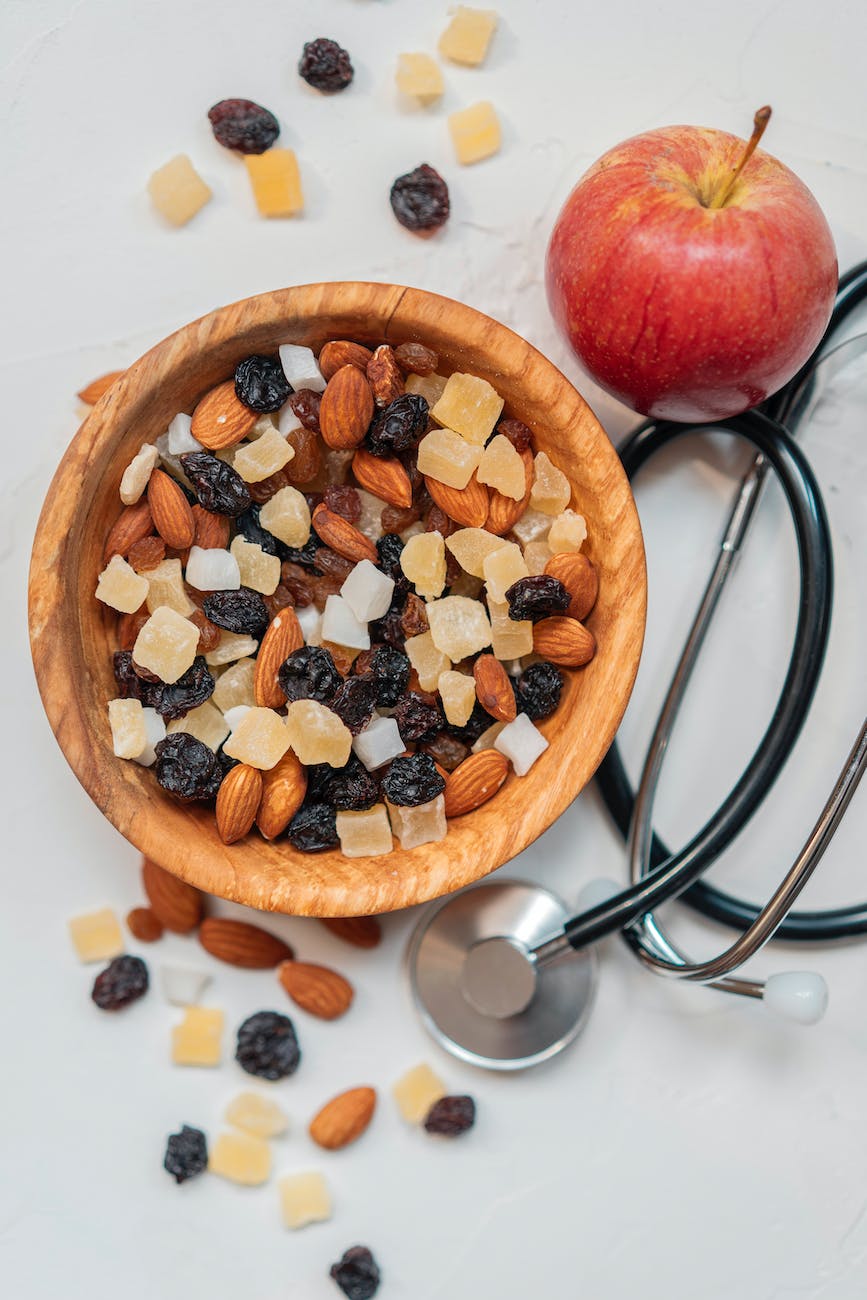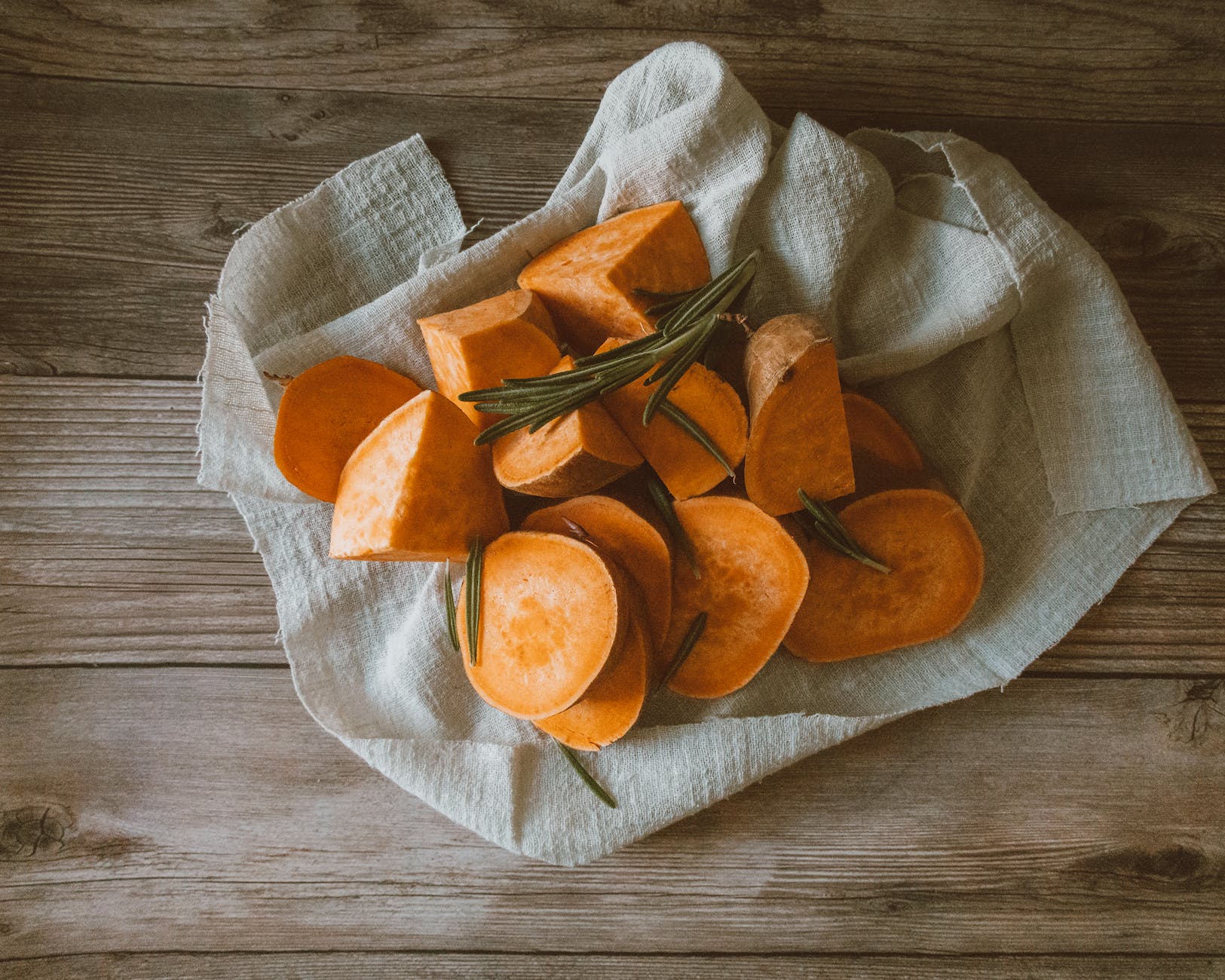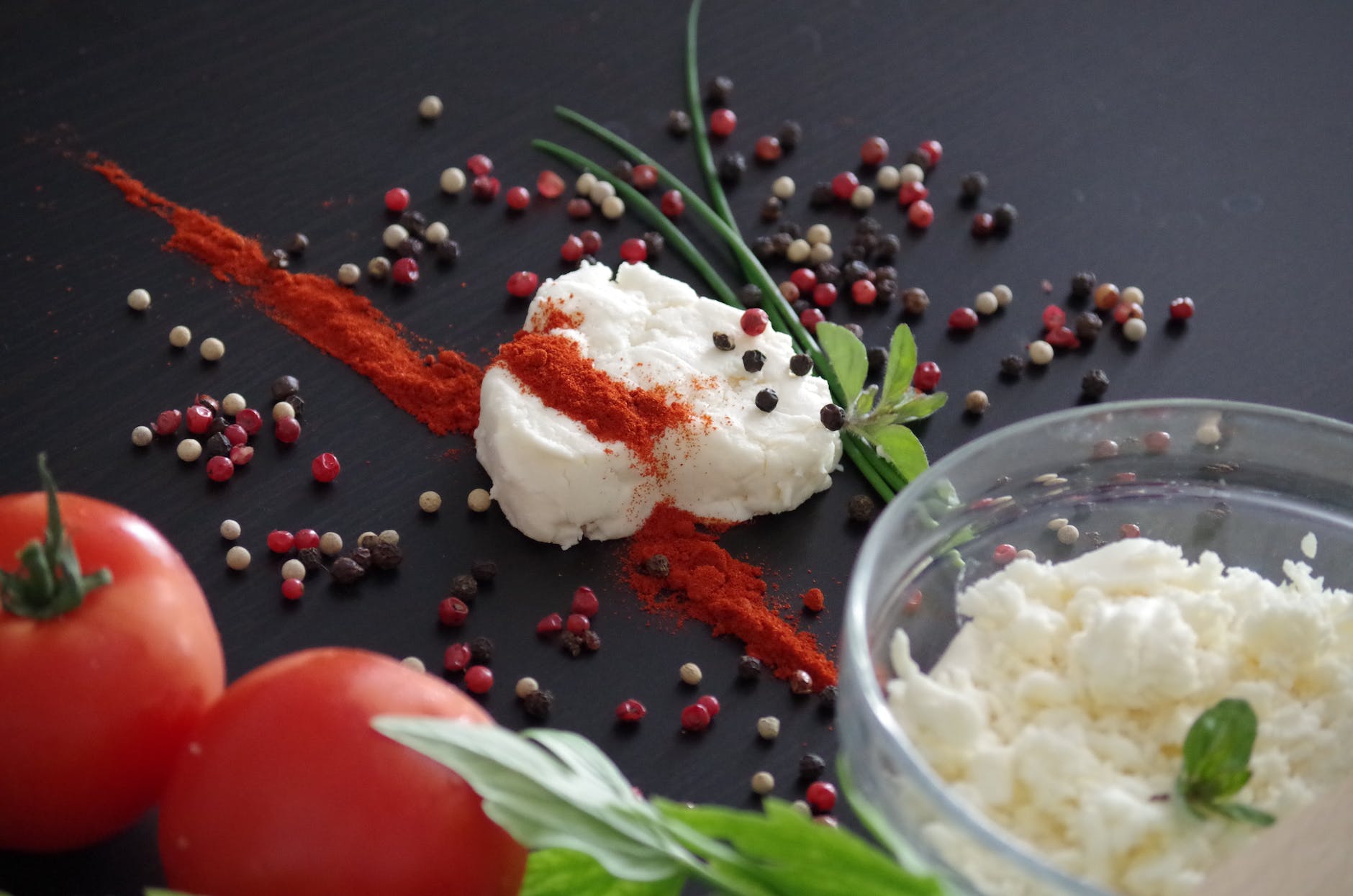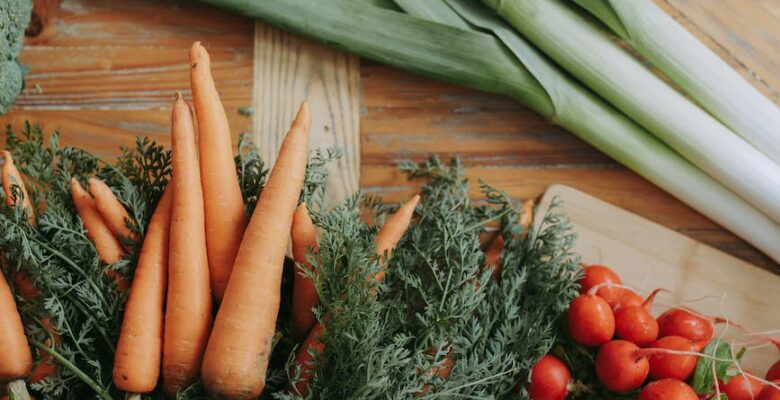Click Here to Read Part 1 on Low Carb Foods
Snacks with Low Carbohydrates
11. Nuts
1 pound (50 g) mixed nuts has 10.5 g carbs
When it comes to nuts, a 1-ounce serving provides a lot of nourishment. Consider almonds (23 whole ones have 6 grams of protein and 6 grams of carbohydrates), walnuts (14 halves contain 4 grams of protein and 4 grams of carbohydrates), and pistachios (49 nuts include 6 grams of protein and 8 grams of carbohydrates).
The great thing about nuts is that they also include fiber, which is another essential that helps your meals and snacks last longer. Each of these options contains 2 to 4 grams of fiber per serving. On a 2,000-calorie diet, the 2020-2025 Dietary Guidelines for Americans recommend 28 grams of fiber. A one-ounce portion of almonds, walnuts, or pistachios has 7% to 14% of your daily fiber requirements.

12. Sticks of Mozzarella
One cheese stick contains 85 calories, 7 grams of protein, and roughly 1.3 grams of carbs, making it an easily portable protein source. Furthermore, an analysis published in Current Nutrition & Food Science in 2020 discovered that consuming cheese may provide helpful bacteria that maintain your stomach healthy.
13. Olives
2 g carbs has 1/4 cup olives
There’s a reason why you might be served a little plate of olives (rather than bread) before your meal in nations like Spain and Portugal—they’re overflowing with flavor. Olives are also high in monounsaturated fatty acids, which are good for your heart. According to the USDA, a quarter cup contains only 40 calories. Olives can also be found in convenient snack packs for a quick, on-the-go snack.
14. Beef Jerky
Jerky has been given a gourmet makeover, with components such as responsibly raised turkey, chicken, beef, and bison accessible in imaginative tastes such as herbs, citrus, and teriyaki. 1 ounce of beef jerky has roughly 9 grams of protein and only 3 grams of carbs. One terrific way to avoid high-carb chips in the afternoon. Simply look for a brand with the lowest salt content.
15. Crudités and Hummus
6 g carbs in 2 teaspoons
Cucumbers and celery are non-starchy crisp vegetables that go well with hummus. According to the USDA, two tablespoons of hummus contain roughly 2.5 grams of protein and a variety of B vitamins. This helps your body convert food into fuel. Allow our selection of Healthy Hummus Recipes to inspire you to make great hummus-based meals and snacks.
Vegetables with Low Carbohydrates
How Many Carbohydrates Are There in Vegetables?
16. Cauliflower
5.5 g carbs in 1 cup raw
Low-carb dieters will like this cruciferous vegetable since it can be mashed like potatoes or processed into “cauliflower rice,” which can then be used in “rice” bowls and stir-fries. Some grocery stores even sell boxed cauliflower rice for quick preparation in the kitchen. Other meal options can be found in our Healthy Cauliflower Recipes.
17. Zucchini
3.6 g carbs per cup raw
We adore zucchini because it is so adaptable. Zucchini can be converted into spaghetti- or linguine-like “noodles’ ‘ as a low-carb substitute for pasta using a vegetable peeler or a handy spiralizer.
18. Spaghetti Squash
1 cooked cup has 10 g carbs
Another excellent choice is spaghetti squash, which may be baked or roasted and then “squash noodles” extracted with a fork. You can top them with spaghetti sauce, just like zucchini noodles. Bake these into casseroles or lasagna—the squash absorbs whatever flavors are added to it.
19. Sweet potatoes
1 medium (150 g) equals 25 g carbs.
Because potatoes are starchy vegetables (together with corn and peas), they contain more carbohydrates. For a well-rounded supper, pair a medium sweet potato with roasted chicken or fish and a green veggie like broccoli. The fiber (4 grams) aids digestion, and sweet potatoes are high in disease-fighting antioxidants known as carotenoids.

Fruits with Low Carbohydrates
20. Berries
15 g carbs = 1 cup mixed berries
Berries are winners because they are low in sugar and high in fiber, which keeps your body’s energy levels stable.
When it comes to Fruit, blueberries, blackberries, strawberries, and raspberries are all excellent choices.
- 1 cup of blueberries contains 86 calories and 22 grams of carbohydrates
- 1 cup of blackberries contains 65 calories and 14 grams of carbohydrates
- 1 cup of strawberries contains 48 calories and 12 grams of carbohydrates
- 1 cup of raspberries contains 78 calories and 18 grams of carbohydrates
Enjoy them on their own or in a variety of cuisines.
21. Cantaloupe
13 g carbs per cup
This melon is super refreshing and low in calories, with approximately 53 calories per cup of cubes and 13 grams of carbohydrates. Cantaloupe can be eaten alone or in salads. Smoothies with cantaloupe are very tasty.
22. Plums
1 fruit contains 9 g of carbs.
Plums are fantastic since they are often on the smaller side, allowing for built-in portion control—and they are portable for on-the-go snacking. According to the USDA, one medium size plum contains about 35 calories, 9 grams of carbohydrates, and 1 gram of fiber. Not sure what else to do with this Fruit, but eat it raw? View our Healthy Plum Recipes.
23. Fresh Fruit
Try to consume fresh or frozen Fruit over canned Fruit or dried Fruit. While juice might be a delightful beverage, it has less fiber and more sugar than whole Fruit. Drinking juice can cause your blood sugar to spike faster than eating whole Fruit.
Another option is dried Fruit, but because it is more concentrated, it has much more calories and carbs than whole Fruit. According to the USDA, 1/2 cup of dried apricots has 41 g of carbs and 157 calories, while 1/2 cup of fresh apricots has 75 calories and 17 g of carbs.
If you crave dried Fruit, take a tiny handful with some almonds for added low-carb nutrients and staying power.
Dairy with Low Carbohydrates
24. Greek yogurt
1 cup plain nonfat has 9 g carbs
Dairy isn’t off-limits simply because you’re on a low-carb diet. Greek yogurt supposedly has more protein than normal yogurt. According to the USDA, one cup of nonfat plain Greek yogurt has 25 grams of protein and only 9 grams of carbohydrates, and it’s high in bone-building calcium.
It’s worth noting that plain yogurt is simply a low-carb option. Some fruit blends contain several teaspoons of added sugar and up to three times the amount of carbohydrates.
25. Kefir
18 g carbs in 1 cup
While kefir, a tangy fermented milk drink, includes the same amount of carbs as milk, it also contains probiotics, which assist in supporting your gut health. It’s also low in lactose, so if you have difficulties digesting ordinary milk, kefir can be a decent source of protein—one cup has 9 grams, as well as 12% of your daily vitamin D needs and roughly one-quarter of your daily calcium needs. In smoothies, use kefir instead of yogurt.
26. Non-dairy Milk
1 cup unsweetened almond milk contains 3.2 grams of carbs.
If you’re looking for a non-dairy substitute for cow’s milk, keep in mind that they’re not all created equal in terms of nutrition. According to the USDA, soy milk has 10 grams of carbohydrates per cup, which is comparable to cow’s milk. Milk driven from nuts (such as almond milk) and coconut milk are low-carb options.
It’s worth noting that some plant milks have more carbs than dairy or soy milk. According to the USDA, 1 cup of rice milk has more than 20 grams of carbohydrates. Keep an eye out for added sugars in non-dairy milk, which will add extra carbs and calories.
27. Cottage Cheese

With 23 grams of protein in a cup of 2% reduced-fat cottage cheese, it rivals Greek yogurt as a protein powerhouse. When you want to shake up your breakfast routine, try cottage cheese. You may also eat it as a salad for lunch or as a quick snack with cinnamon and berries on top.
28. Desserts with Whipped Coconut Milk and Berries
1 g carbohydrate has 1/3 cup light coconut milk
We’re talking about the canned variety, not the non-dairy milk alternative. According to the USDA, one-third cup of “lite” coconut milk includes 56 calories and around 1 gram of carb. For a low-carb dessert, scoop off the thick, custard-like liquid on top and whisk it into a non-dairy whipped cream to top the Fruit.
29. Baked Almond-Flour Treats
4 g carbs has 1/4 cup almond flour
Replace part (or all) of the usual flour in your next dessert recipe with almond flour (also known as almond meal). The flour, made from finely crushed almonds, contributes essential nutrients such as magnesium and potassium, as well as protein, to waffles, cookies, cakes, and sweet breads.
30. Avocado
1 (150 g) fruit equals 13 g carbs
In a food processor, combine dairy or plant milk, avocado, and flavorings such as chocolate powder to make avocado pudding. Avocado is a fruit, yet it contains a lot of healthy fats. Despite containing approximately 240 calories, one full avocado contains 10 grams of satisfying fiber and a good 3 grams of protein, according to the USDA.
